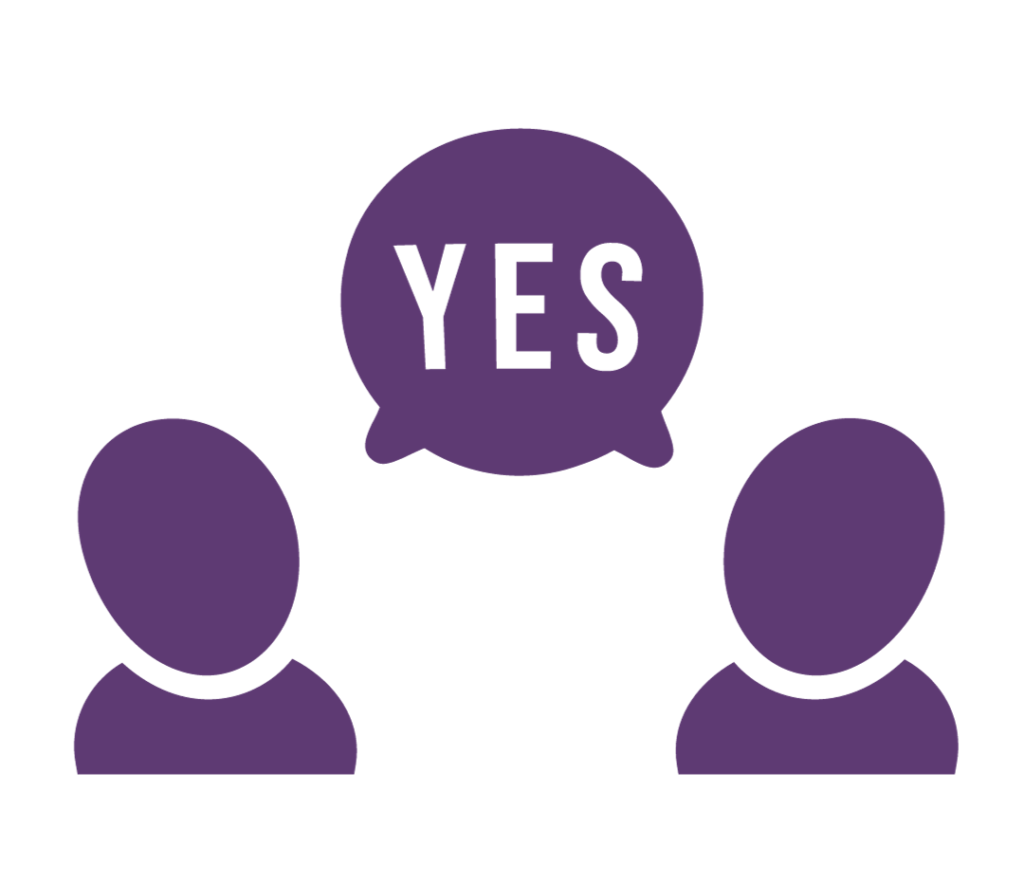Thinking about and practicing consent is critical for your sexual journey in terms of health and pleasure.As queer people, we are often left out of conversations and education about consent due to heteronormativity.

Consent is an agreement between people, often occurring when you ask or give permission to do something. Consent has to be voluntary. Pressures can cause us to give consent when we may not otherwise. Be mindful of the pressures you or the people you are involved with might feel. There are many kinds of pressures we experience including authoritative, societal, romantic, peer, and self pressure.

Consent requires a right mind.

How can we negotiate consent in the moment without breaking the mood?
Be someone people feel safe saying no to you.

